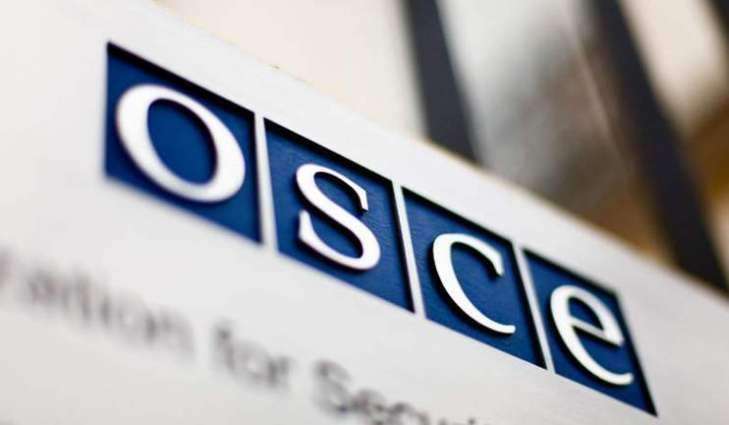The foreign minister of the unrecognized breakaway Transnistrian republic, Vitaly Ignatiev, and head of the OSCE Mission to Moldova, Claus Neukirch, discussed on Monday the results of the 5+2 talks in Bratislava, the Transnistrian foreign ministry said in a statement
TIRASPOL (Pakistan Point News / Sputnik - 14th October, 2019) The foreign minister of the unrecognized breakaway Transnistrian republic, Vitaly Ignatiev, and head of the OSCE Mission to Moldova, Claus Neukirch, discussed on Monday the results of the 5+2 talks in Bratislava, the Transnistrian foreign ministry said in a statement.On Wednesday and Thursday, a two-day round of negotiations on the Transnistrian conflict settlement in the 5+2 format was held in Bratislava. The 5+2 format of Transnistrian peace talks was officially established in 2005. It includes the two conflict parties - Chisinau and Tiraspol, three mediators - Russia, Ukraine and the Organization for Security and Co-operation in Europe (OSCE), and the two observers - the European Union and United States. However, the parties failed to agree any document on the results of the negotiations.
"The Transnistrian side outlined its detailed vision regarding the reasons and factors in connection with which the negotiators have not yet been able to sign the final protocol of the meeting and were forced to suspend the meeting," the statement says.
Ignatiev noted the need to gradually return to regular meetings in the 5+2 format, as well as to intensify work between rounds at various levels of the negotiation process. At the meeting, special attention was paid to the conference on confidence-building measures in Bavaria, tentatively scheduled for early November, the ministry said.
Transnistria, a region with a predominantly ethnically Russian and Ukrainian population, seceded from the Soviet Republic of Moldova in 1990, fearing its possible reunion with Romania. The secession led to an armed conflict that ended in a ceasefire in July 1992, albeit the diplomatic strife remains unresolved. Moldova insists on offering the region an autonomy status while Transnistria wants international recognition.




